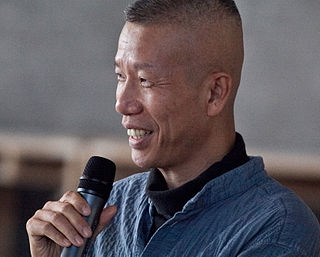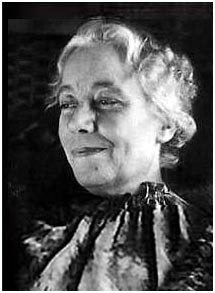A Quote by Peter Maurer
The fragility created by protracted conflicts, resulting in destroyed cities and dramatically insufficient services, is not something that humanitarian organizations can address comprehensively. Only political solutions can end armed conflicts.
Related Quotes
When we see so many conflicts multiplying, the only way to allow the international community to be able to address those conflicts, the only way to allow the international community to act boldly, is with unity of the countries of the region, able to serve together and in the same universal principles.
The world understands that our country could solve all conflicts with military solutions, but we won't because we have leaders and we have a moral responsibility but we have also have a political - we have a political leader who is scared and who is raised on the idea that American force is the true evil.
When you think of all the conflicts we have - whether those conflicts are local, whether they are regional or global - these conflicts are often over the management, the distribution of resources. If these resources are very valuable, if these resources are scarce, if these resources are degraded, there is going to be competition.
The American president increasingly used his influence to create conflicts, intensify existing conflicts, and, above all, to keep conflicts from being resolved peacefully. For years this man looked for a dispute anywhere in the world, but preferably in Europe, that he could use to create political entanglements with American economic obligations to one of the contending sides, which would then steadily involve America in the conflict and thus divert attention from his own confused domestic economic policies.
Ironically, people who suppress the mini-confrontations for fear of conflict tend to have huge conflicts later, which can lead to separation, precisely because they let minor problems fester. On the other hand, people who address the mini-conflicts head-on in order to straighten things out tend to have the great, long-lasting relationships.
To experience conflicts knowingly, though it may be distressing, can be an invaluable asset. The more we face our own conflicts and seek out our own solutions, the more inner freedom and strength we will gain. Only when we are willing to bear the brunt can we approximate the ideal of being the captain of our ship. Spurious tranquillity rooted in inner dullness is anything but enviable. It is bound to make us weak and an easy prey to any kind of influence.




































